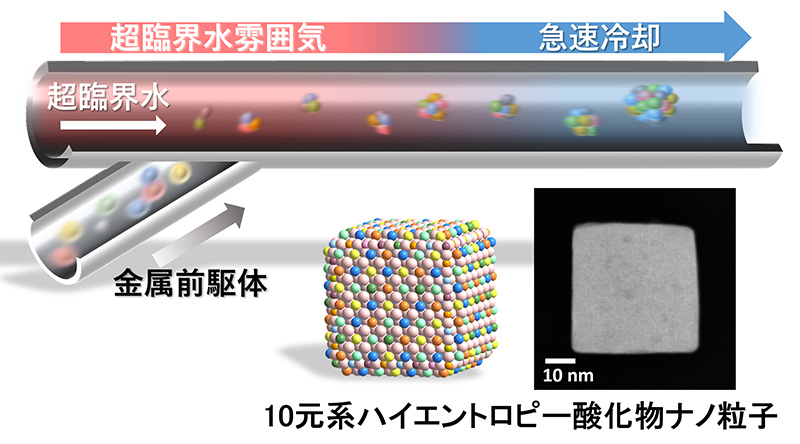2024-01-05 カリフォルニア工科大学(Caltech)
◆研究チームは、プラチナ酸化物とパラジウム酸化物の組み合わせが理想的であり、これによりプロピレンオキサイドの生産速度が10倍に向上し、効率も13%向上しました。今後の研究は、この触媒の実用化と産業利用に焦点を当てる予定であり、実験室から実際の製造設備への移行に向けた課題を解決することが期待されています。
<関連情報>
- https://www.caltech.edu/about/news/common-chemical-production-made-safer-more-environmentally-friendly
- https://www.science.org/doi/10.1126/science.adh4355
Pd-Pt電極触媒を用いた水の活性化によるプロピレンの直接エポキシ化反応 Direct propylene epoxidation via water activation over Pd-Pt electrocatalysts
Minju Chung,Joseph H. Maalouf,Jason S. Adams,Chenyu Jiang,Yuriy Román-Leshkov,and Karthish Manthiram
Science Published:4 Jan 2024
DOI:https://doi.org/10.1126/science.adh4355
Editor’s summary
Propylene oxide is produced at massive scale using dangerous and corrosive oxidants. A potentially safer method uses electrochemistry to oxidize propylene with water, but catalyst stability is a persistent challenge. Chung et al. report that by alloying palladium with platinum, they could generate an electrocatalyst that delivered >60% Faradaic efficiency toward propylene epoxidation by water oxidation. Initially focusing on acetonitrile as a cosolvent, the authors went on to explore purely aqueous media and discuss the prospects of improving propylene throughput in the face of low solubility. —JSY
Abstract
Direct electrochemical propylene epoxidation by means of water-oxidation intermediates presents a sustainable alternative to existing routes that involve hazardous chlorine or peroxide reagents. We report an oxidized palladium-platinum alloy catalyst (PdPtOx/C), which reaches a Faradaic efficiency of 66 ± 5% toward propylene epoxidation at 50 milliamperes per square centimeter at ambient temperature and pressure. Embedding platinum into the palladium oxide crystal structure stabilized oxidized platinum species, resulting in improved catalyst performance. The reaction kinetics suggest that epoxidation on PdPtOx/C proceeds through electrophilic attack by metal-bound peroxo intermediates. This work demonstrates an effective strategy for selective electrochemical oxygen-atom transfer from water, without mediators, for diverse oxygenation reactions.




